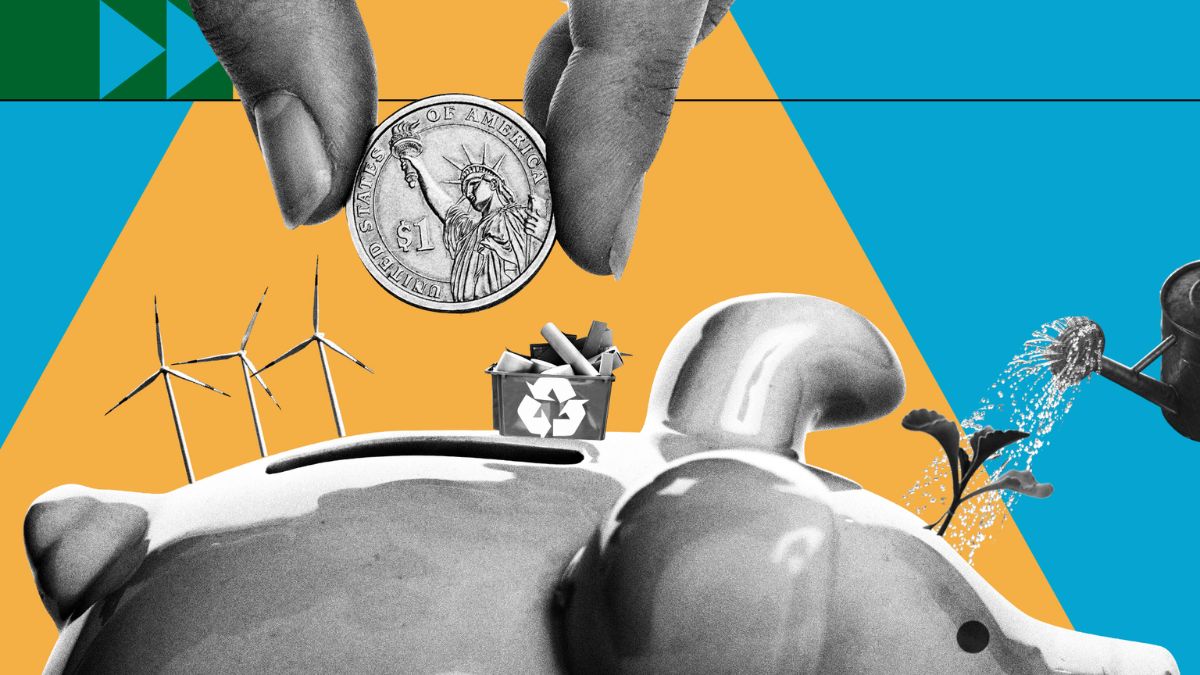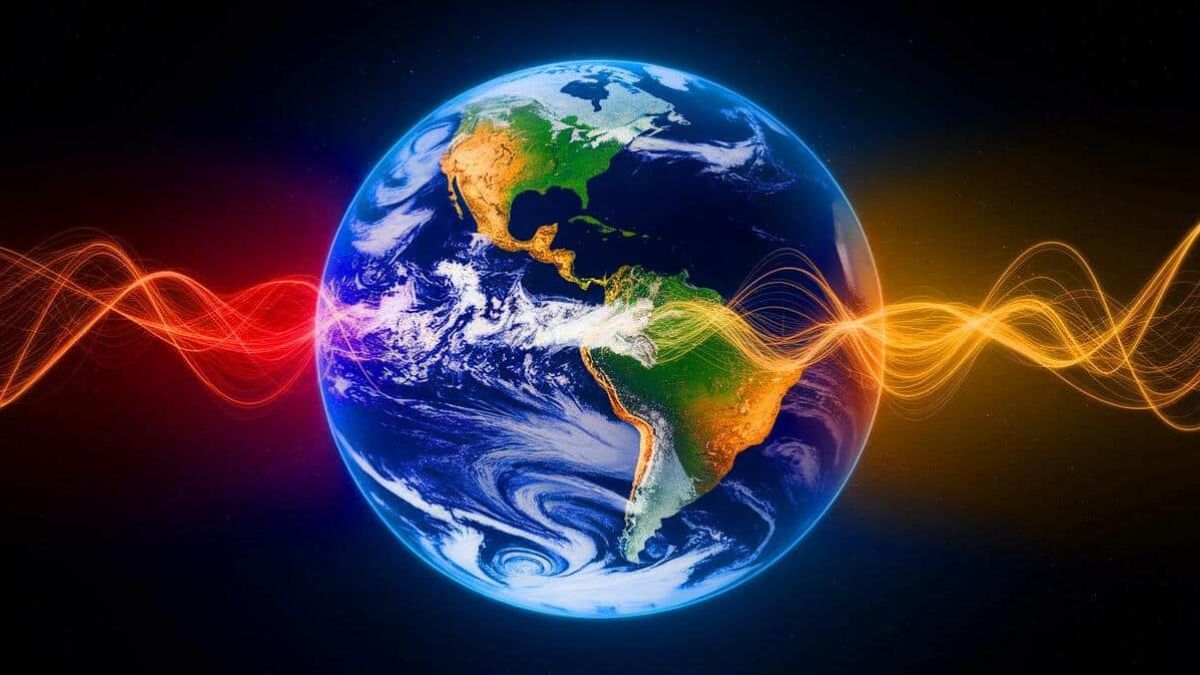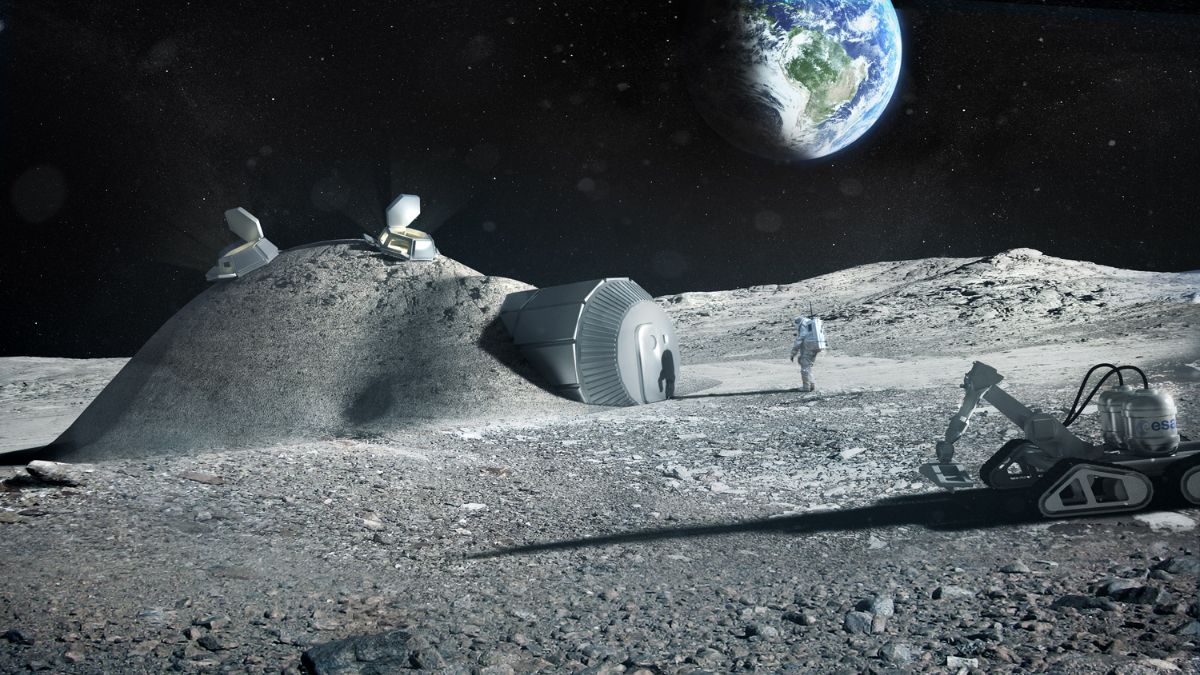Global warming is one of the biggest challenges humanity has ever faced. But what if we told you that, despite all the climate summits, speeches, and promises, we’ve actually made the problem worse? According to a recent IMF report, the world spent a record-breaking $7 trillion in 2022—not to fight climate change, but to subsidize the fossil fuel industry.
Let’s unpack what this means, how we got here, and why this global failure is accelerating the very crisis we’re supposed to be stopping.
Subsidies
You’d think with all the talk about renewable energy, we’d be moving in the right direction. But behind the scenes, governments around the world are still pouring money into the production and consumption of coal, oil, and gas. These subsidies show up in various forms—tax breaks, price controls, and government-backed incentives.
Instead of encouraging cleaner energy, these policies artificially lower the cost of fossil fuels, making them more appealing than wind, solar, or other sustainable sources. That’s like handing out fast food vouchers while promoting healthy eating. The message and the actions just don’t match.
Here’s what this looks like:
| Year | Global Fossil Fuel Subsidies |
|---|---|
| 2017 | $3.2 trillion |
| 2022 | $7 trillion (record high) |
(Source: IMF)
Damage
The effect of these subsidies is massive. Rather than cutting emissions, the world is propping up the very industries that are most responsible for them. According to the IPCC, we need to cut global emissions by 43% (from 2019 levels) by 2030 to avoid the worst effects of climate change. But fossil fuel subsidies are pushing us in the opposite direction.
Subsidizing fossil fuels:
- Encourages more drilling and burning
- Increases greenhouse gas emissions
- Slows the transition to clean energy
- Makes renewables less competitive
- Undermines global climate goals
And while some regions, like the European Union, talk about investing in nuclear energy as a “clean” alternative, others continue to support aging and polluting power plants.
Health
Here’s something even more alarming: these subsidies don’t just harm the planet—they’re costing human lives.
Fossil fuels are one of the leading sources of air pollution, which contributes to:
- Respiratory diseases
- Heart conditions
- Cancer
- Premature deaths
- Public health crises
The IMF estimates that fossil fuels create over $4 trillion in global health and environmental costs every year. That’s money we don’t see in fuel prices but pay for through hospital bills, lost productivity, and suffering.
So, not only are we spending trillions to worsen climate change, but we’re also funding our own health decline in the process.
Contradiction
At every Climate Summit, world leaders pledge to take action. But how serious are those promises if the same countries are doubling down on fossil fuel subsidies?
The contradiction is stunning. On one hand, the world talks about net-zero goals. On the other, fossil fuel industries are receiving more support than ever. The worst part? This trend is still growing. Data for 2023 is still pending, but early signals suggest subsidies haven’t dropped.
Urgency
This isn’t just a policy failure—it’s a wake-up call. Spending $7 trillion to worsen global warming is a stark indicator of how far off track we are. While clean energy options exist and continue to grow, they can’t compete when governments keep tilting the scales in favor of fossil fuels.
We can’t keep calling for change while bankrolling the problem. If this trend continues, the damage will be deeper, the costs higher, and the climate consequences more severe. At some point, the planet may hit tipping points we can’t reverse.
FAQs
How much was spent on fossil fuels in 2022?
Around $7 trillion globally, a record-breaking amount.
Why are fossil fuel subsidies harmful?
They promote more pollution and delay the energy transition.
Do these subsidies affect human health?
Yes, they contribute to air pollution and premature deaths.
What does the IMF say about these costs?
Subsidies cause $4 trillion in environmental and health damage yearly.
Is the $7 trillion helping climate change?
No, it’s actually accelerating global warming.























